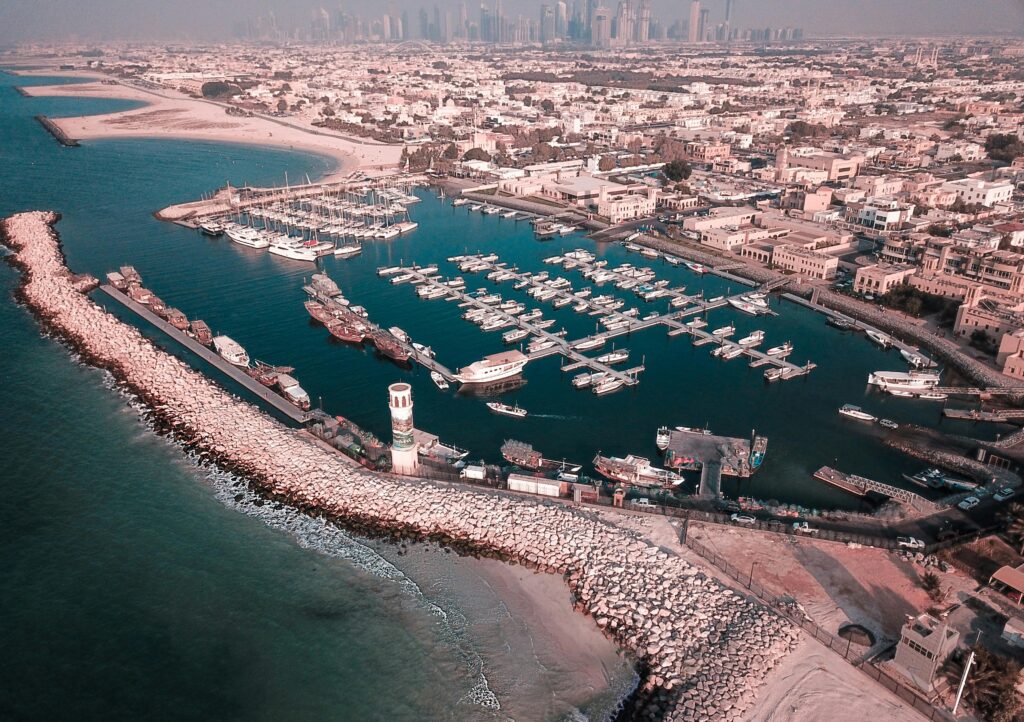It ensures the transfer of goods across countries and continents in an economy. However, it has many complex problems that often disrupt supply chains, increase costs, and slow deliveries. Businesses operating in dynamic hubs like Dubai must ensure that they partner with capable cargo companies in Dubai to transcend such problems and enhance operations.
Common Challenges in Cross-Border Freight Transport
1. Complexity of Customs Regulations
One of the most prominent challenges in cross-border transportation is navigating customs regulations. Compliance will be challenging since every country has specific rules, tariffs, and documentation requirements. Mistakes in paperwork or misclassifications may produce fines, additional delays, or cargo confiscations.
2. Border Delays
Border delays are common, mainly due to inappropriate infrastructure, lengthy inspections or surprise strikes at borders. As a result of these delays, the costs include storage fees plus missed delivery windows, which impacts customer satisfaction levels.
3. Political and Economic Instability
Geopolitical tensions, erratic exchange rates and economic instability may affect cross-border freight transport within some regions, making it difficult to anticipate and budget, especially for most businesses.
4. Diverse Transport Regulations
Countries have specific rules regarding vehicle standards, driver certifications, and cargo restrictions. These diverse regulations require careful planning and coordination.
5. Increasing Fuel and Logistics Costs
Fuel costs and other logistics expenses such as insurance and security measures are a significant concern for businesses engaged in cross-border transport. Such increasing costs directly affect profitability.

Solutions to Mitigate Cross-Border Transport Hurdles
1. Ties with Genuine Cargo Companies in Dubai
Partnering with renowned cargo companies in Dubai is an efficient solution. These cargo companies have vast experience in shipping routes across countries, customs laws, and optimal logistics practices. By leveraging such expertise, a business can be assured of successful cross-border transport.
One trusted partner in this domain is Forward Air Cargo Service & Clearance, providing businesses with comprehensive freight solutions tailored to business needs, handling details from customs clearance to route optimization to ensure our clients don’t face any hassles.
2. Technology
Technology plays a vital role in mitigating transport challenges. Real-time tracking systems enable businesses to monitor shipments, anticipate delays, and communicate effectively with stakeholders. Automated documentation systems also reduce errors and ensure compliance with customs requirements.
3. Establish Strong Networks
Building strong relationships with freight forwarders, customs officials, and local agents in destination countries can facilitate shipping. Experienced cargo companies in Dubai often have established networks, a massive advantage in cross-border logistics.
4. Optimize Routes and Modes of Transport
Optimization of routes and modes of transport for shipment will reduce costs and transit times for businesses. A professional logistics partner can identify various options available to determine the best solution for specific shipments.
5. Planning for Contingencies
Being proactive about the risks that could occur, including political unrest and natural disasters, will ensure operations are smoother. This includes the existence of contingency plans and insurance coverage.
Conclusion
Cross-border freight transport is not easy, but proper strategies and professional support can overcome its challenges. From navigating customs regulations to optimizing routes and mitigating risks, experienced cargo companies in Dubai offer invaluable expertise.
Forward Air Cargo Service & Clearance is your answer to hassle-free cross-border logistics. With proven experience handling any complexity in our freight operations, we cater to tailored, efficient, cost-effective, and reliable solutions for your concerns. Learn about how we may help simplify the complexities of shipping across borders.

